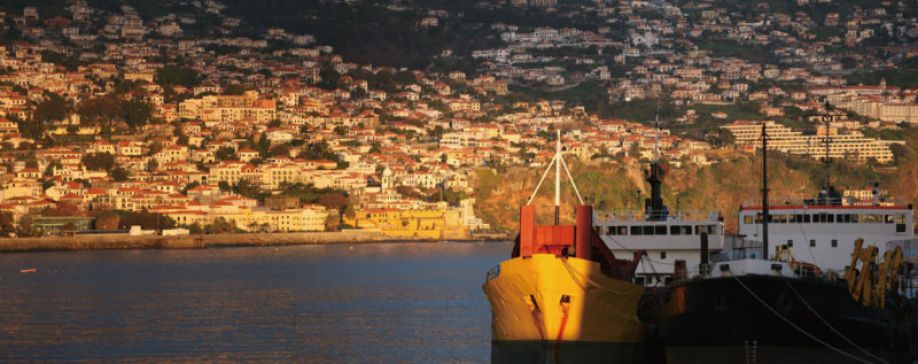Not that offshore finance is a particularly new industry to the island, one of two autonomous regions of Portugal. Madeira is a free trade zone (FTZ), imposing low taxes on company registrations, as well as being a destination for offshore yacht registration by boat owners attracted to its low fees and picturesque harbor.
Madeira permits several types of companies, and enjoys one of the lowest VAT rates in Europe at 15%, making the island particularly attractive to companies in the telecommunications, consulting or e- sectors.
Luis Silva, managing director of Actuarius Consulting, explained that while a Madeira international business company (IBC) is not required to have a physical presence in Madeira, it is not perceived as an offshore tax avoidance vehicle. "Despite this fact, with proper structuring, a Madeira company is a perfect entity for booking international profits with minimal tax liability," he said. Both private and corporate shareholders are exempt from withholding taxes on the worldwide distribution of dividends provided that they are not resident in Portuguese territory. This exemption also applies to income resulting from interest and other forms of loans, bonds, and capital advances to other FTZ companies. In addition, shareholders of FTZ companies are exempt from capital gains tax due on the sale of shares or on any share capital increases. The present tax regime allows the incorporation of new entities within the legal framework of the International Business Centre of Madeira (IBC) until the end of 2013, granting significantly a zero or reduced corporate tax rates until the end of 2020 as well as no withholding taxes. In general, companies licensed before 2003 are exempt from corporate tax until December 31, 2011, being framed in the new regime that establishes a 5% rate on taxable profits from January 1, 2012 until December 31 2020, one of the lowest the EU and Europe.
Not typical.
Although Madeira is largely independent both politically and economically from Portugal, it still benefits from double taxation agreements (DTAs) entered into by its neighbor. Portugal's DTA with China can be utilized by Chinese companies based in Madeira, and, explains Silva, Madeira has the benefit of not being perceived as a typical offshore finance center. Despite this fact, Luis says that Madeira remains a relatively unknown jurisdiction to the Chinese. "To our knowledge there are no Chinese companies using the Madeira Free Trade Zone.
One reason may be related to the fact that this is a challenging jurisdiction in relation to tax compliance," he said. "Yet this same feature provides more credibility to companies based in this free trade zone, not being perceived as typical offshore companies. Madeira, as part of Portugal and the European Union, is a platform for the establishment of business within the European Union, offering a very low tax rate without, however, be perceived as an offshore zone." In the end, it is Madeira's geographical position that is one of its biggest assets. It is easy for a company based in Madeira to establish business with other entities based in the EU.
A Madeira company is primarily a Portuguese company and therefore European, unlike other jurisdictions, such as the Channel Islands, Monaco and Gibraltar. "The Madeira FTZ is the only duly authorized and regulated by the EU and fully active within the EU," Da Silva said. Along with other European offshore jurisdictions, Madeira is also a good place in which to base e-commerce services for retail or wholesale distribution of material or non-material goods. Quick to capitalize on this, the Madeiran government has encouraged high technology companies to take advantage of both its membership of the EU and its Free Trade Zone.
















